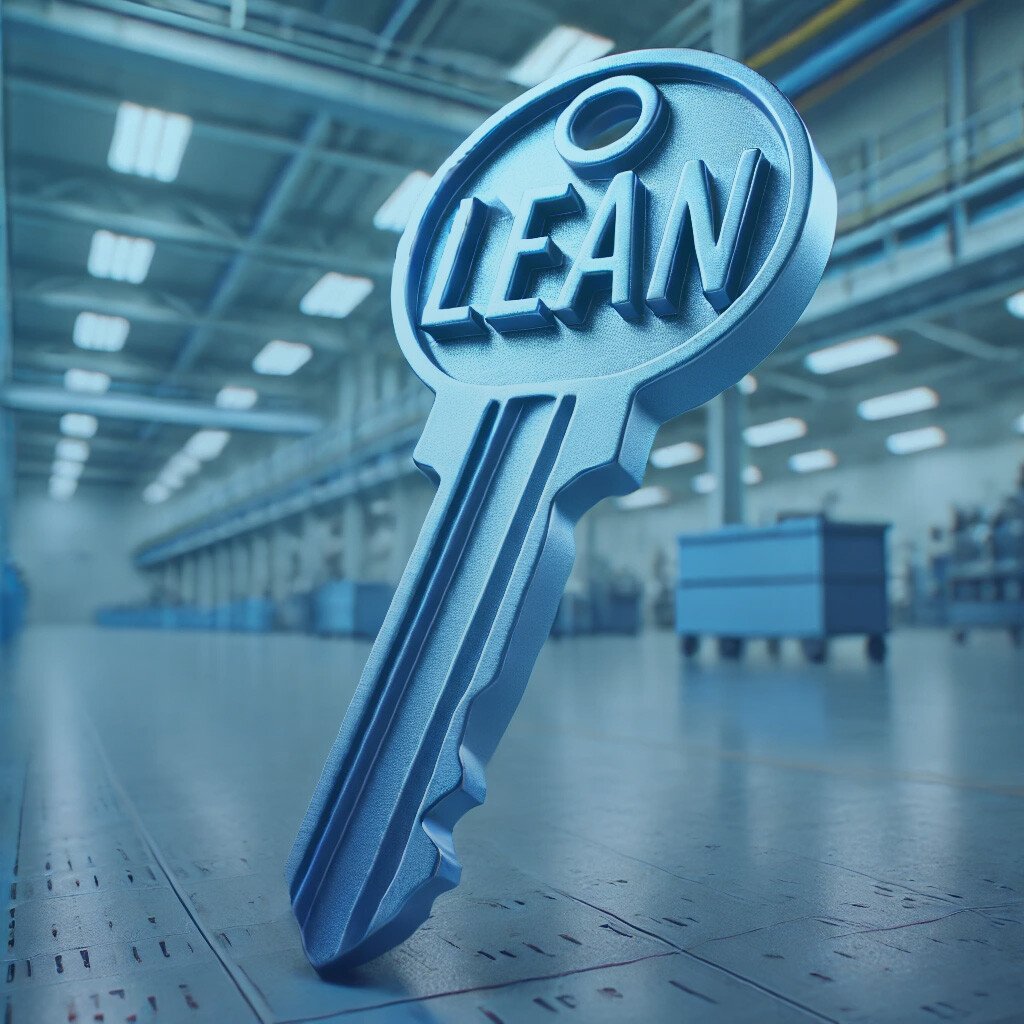How Multi-Zone Sourcing Can Save Your Supply Chain – And Your Sanity
Let’s face it, the past few years have been a crash course in supply chain fragility. If you’re a CEO or senior manager in manufacturing, you've...
All tasks in Shop Floor Management -
digitally supported with the functions of ValueStreamer®.
ValueStreamer® as a leadership tool supports the continuous improvement of processes and the optimization of collaboration.
Optimize processes in all areas of your business with digital Shop Floor Management. Learn more about the use cases.
2 min read
 Dr. Andreas Romberg
:
Jun 12, 2024 3:30:00 PM
Dr. Andreas Romberg
:
Jun 12, 2024 3:30:00 PM

Lean management forms the basis for the introduction of other methods, such as agility/agile working or digital transformation. Successful implementation of these further transformations is only possible with the organizing, standardizing and continuous improvement behind the lean management philosophy.
Lean management offers several advantages that can have a positive impact on the digitalization of companies.
Here are some of the most important benefits:
Increasing efficiency: Lean management aims to minimize waste and optimize processes. By identifying and eliminating inefficient processes, companies can improve their operational processes and use resources more efficiently. This is particularly important in a digital environment where efficiency and speed are crucial.
Customer orientation: Lean management emphasizes the importance of customer satisfaction. By focusing on value creation from the customer's perspective, companies can make better use of digital technologies to develop customer-centric solutions. This allows companies to better adapt to the ever-changing needs and expectations of customers.
Agility: Lean management promotes an agile corporate culture that can adapt more easily to change. In the digital world, where technologies and markets are evolving rapidly, agility is a key success factor. By applying lean principles, companies can react more flexibly to change and implement innovative solutions more quickly.
Cost reduction: Lean management aims to eliminate unnecessary costs. By optimizing processes and the use of resources, companies can reduce costs, which in turn frees up financial resources for the implementation of digital technologies.
Continuous improvement: A central principle of lean management is continuous improvement. By regularly reviewing and adapting processes, companies can ensure that their digital solutions are constantly optimized. This is crucial in order to remain competitive and take full advantage of new technologies.
Lean processes for digital transformation: Lean management can help pave the way for a smooth digital transformation by creating clear processes and structures. This facilitates the integration of new technologies and the transition to digital business models.
Overall, lean management supports the digital transformation by fundamentally helping companies to become more flexible, efficient and customer-oriented. It provides a solid foundation for the successful use of digital technologies and overcoming the challenges associated with digitalization.
Although lean management can be an important success factor, it is important to note that the success of digital transformation depends on various factors. These include strategic alignment, management support, employee involvement and the selection of the right technologies. However, lean management can serve as a basis for successfully shaping these factors and paving the way for a successful digital transformation.

Let’s face it, the past few years have been a crash course in supply chain fragility. If you’re a CEO or senior manager in manufacturing, you've...

What’s Going Wrong, and What You Can Do About It If you manage a mid-level manufacturing company, you know the pressure of meeting yearly goals. But...

When we think of Halloween, images of haunted houses, spooky masks and eerie fog may come to mind. But what if we told you that these elements are...

More efficiency through digital transformation in value stream and shop floor management

Optimal supplier management with digital shop floor management and digital collaboration control Digital Shop Floor Management provides support...